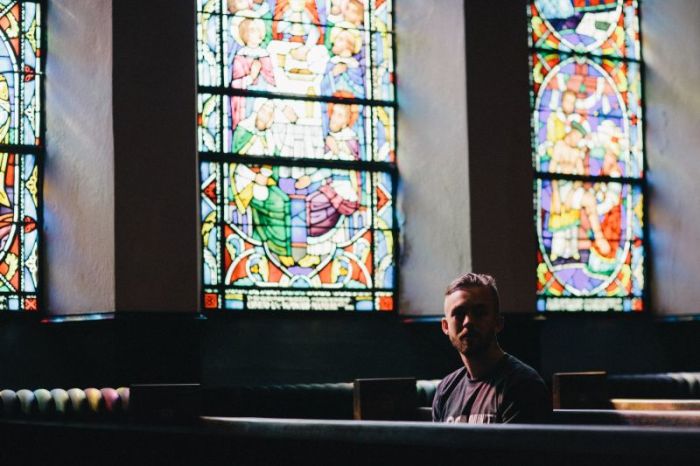Many American atheists hide their unbelief due to social stigma in Christian culture: study

In Psalm 14 of the Bible, the revered King David of Israel condemns people who don't believe in God as fools who are "corrupt" and "have done abominable works."
"The fool hath said in his heart, There is no God," he declares in Scripture. "They are corrupt, they have done abominable works, there is none that doeth good."
Now, many American atheists say that, despite their growing numbers in society, they often choose to hide their unbelief due to fear of social stigma, a recent study published by the University of Nebraska-Lincoln suggests.
Dena Abbott, assistant professor of counseling psychology at the university, conducted a yearlong study of 600 atheists nationwide divided equally between rural-residing participants and "woman-identified" participants.
Abbott said in a statement released this week that female atheists frequently reported being seen as "sexually immoral," while atheists living in rural areas that tend to be more conservative struggle to find secular mental healthcare providers to help them cope with being in the minority.
"Atheists living in small towns — which tend to be more religious and politically conservative — often reported experiencing a heightened sense of danger because of their non-belief," Abbott explained. "Rural atheists talked about a fear of violence more than urban atheists did."
While there were few reports of hate crimes against atheists, Abbott said one participant in the study reported getting death threats at a local restaurant for writing a secular opinion in a community newspaper.
According to a 2021 Pew Research Center report, 29% of U.S. adults identify as "nones" — people who describe themselves as atheists, agnostics or "nothing in particular" — while 63% identify as Christian.
The nation's share of religious "nones" at the time was 6% higher in 2021 than it was five years earlier, and 10% higher than it was a decade ago, added Pew.
A Pew analysis published last September also predicted that if the pace at which Christians abandon their faith before age 30 were to accelerate beyond its current pace, without any "brakes" in the trend, then the United States could no longer be a majority Christian nation by as early as 2045.
In the September 2022 study, Pew highlighted four hypothetical scenarios out of several possibilities to demonstrate how the U.S. religious landscape might change over the next half-century. The impact of younger Christian adults abandoning their faith without limitation was modeled in one of those scenarios.
"By 2055, the unaffiliated would make up the largest group (46%), ahead of Christians (43%). In 2070, 52% of Americans would be unaffiliated, while a little more than a third (35%) would be Christian," stated the Pew report from last September.
Contact: [email protected] Follow Leonardo Blair on Twitter: @leoblair Follow Leonardo Blair on Facebook: LeoBlairChristianPost




























